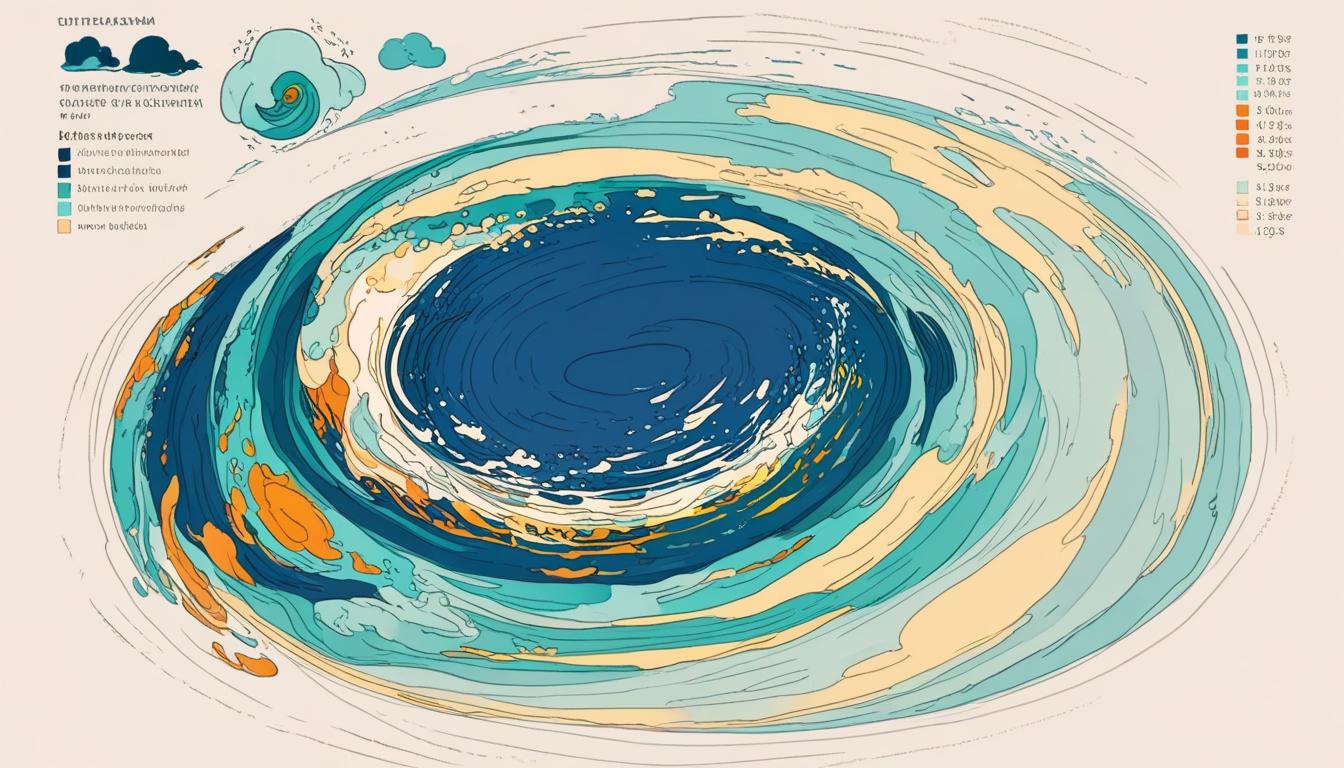The Dutch Ministry of Infrastructure has quietly commissioned a team of scientists to investigate the potential impact of global warming on the Gulf Stream and the resulting effects on the Netherlands' climate, broadcaster NOS reported on Friday.
The commissioned study involves experts from Delft University, the Royal Netherlands Meteorological Institute (KNMI), and the Deltares research institute. These scientists are examining whether disruptions to the Gulf Stream—a powerful Atlantic Ocean current that brings warmer waters to north-western Europe—could paradoxically result in colder weather for the Netherlands.
The Gulf Stream plays a crucial role in maintaining relatively mild temperatures in the Netherlands, especially when compared to regions on the same latitude, such as Canada. However, recent computer models indicate that changes in the Gulf Stream are increasingly likely due to climate change.
Co Verdaas, who chairs the Delta Commission and is leading the investigation, told NOS, “The most likely scenario is still that it will become warmer, but this is a new insight we cannot ignore.” This statement highlights the emerging concern that while warming remains the predominant expectation, there is an increasing probability of significant climate disruptions linked to the Gulf Stream.
Previous research has demonstrated a weakening of the Gulf Stream, with possibilities raised that the current could come to a complete halt. Sybren Drijfhout, an oceanographer at KNMI, pointed to the urgency of the situation, saying, “We are concerned, because five years ago we thought this was an impossible disaster scenario, but the newest climate models show it is more likely than we thought.”
A ministry spokesman emphasised the importance of understanding all potential impacts on the Netherlands. If the Gulf Stream were to shut down, the country could experience a range of challenging conditions, including drier weather, more severe storms, reduced agricultural yields, rising sea levels, and notably colder summers and winters.
Further findings from this research are expected to be published in the coming months, offering a clearer picture of how global warming might affect the Netherlands' climate indirectly through alterations to ocean currents.
Source: Noah Wire Services
